
News writer; Opinion columnist
In America, we have a pretty straightforward view of the lottery. Buy a ticket for a popular game like Powerball or Mega Millions, pick your numbers, and wait to see if you've won. But many countries have taken the lottery concept and introduced some fun, exciting, and sometimes bizarre new twists to the classic formula.
Whether it's entire neighborhoods winning cash prizes together or a drawing based on how well you drive, these are some of the strangest, wildest, and most unique lotteries from around the world.
Drive slow, win big
Cameras are everywhere, especially if you're a driver. Red light cameras can catch you speeding through intersections, dash cams record everything happening on the road, and even doorbell cameras can see which streets you're speeding on. The one thing all these cameras have in common is that they're meant to catch you doing something wrong.
In Sweden, however, they've added a unique twist to their traffic cameras. Instead of using red light cameras, the Scandinavian country has almost 2,500 speeding cameras. That means instead of sending police to chase down cars that are going twenty miles per hour over the speed limit, the cameras can register your car's speed, read its license plate, and send a traffic citation directly to your house.
However, the Swedes have added a twist to their system that not only punishes bad drivers but also rewards good ones. The cameras also track cars that follow the speed limit, and drivers who consistently drive at safe speeds are entered into a safe-driving lottery where they can win a $1,000 cash prize partially funded by money taken from speeding drivers.
The system worked, too. The cameras reduced the average speed on one of Stockholm's busiest roads by almost seven kilometers an hour.
Jogo do Bicho
For 132 years, people in Brazil have played the Jogo do Bicho (the animal game) lottery, even though it has been illegal for over seventy-five years.
The game started innocently enough when Baron Joao Batista Drummond decided to hold a small lottery to attract people to Rio de Janeiro's first zoological garden. When guests arrived at his zoo, they would receive a card with one of the 25 animals on it. At the end of the day, he would draw one of the cards out of a wooden bucket, and whoever held that animal won a cash prize.
The game grew into a numbers racket, an illegal form of lottery, and it became wildly popular, even though it was made illegal in 1946. However, the game is so popular, and enforcement against it is so sparse that players buy tickets openly in front of supermarkets, drug stores, and other businesses. Tickets are also very cheap, which has helped increase its popularity in the country.
While Drummond ran the game to promote his zoo, today, it is controlled by organized crime figures known as bicheiros (bankers). These figures fund the prizes and manage the ticket sales. Each bicheiros controls its own territory, although fights sometimes break out over who controls which street or neighborhood.
Despite its illegality, the game thrived due to a lack of competition, as President Eurico Gaspar Dutra banned most forms of gambling in Brazil in the 1940s. While some attempts have been made to legalize lotteries since then, these have mostly stalled due to strong opposition from the Catholic church, which is a powerful influence in the country.
However, law enforcement generally tolerates the game because it is seen as a victimless crime, and the bicheiros create goodwill by funding Rio's popular Samba schools.
Flying high
In 2012, Mexican President Felipe Calderon decided that he wanted to fly in style. He ditched the previous presidential plane, a perfectly serviceable Boeing 757, and paid $130 million for a highly upgraded Boeing 787 Dreamliner.
The new plane was a palace in the sky, featuring wide-back leather chairs, a gym with a treadmill, a presidential suite with a king-size bed, and a private shower. However, the luxurious plane soon became a political liability in his campaign against challenger Lopez Obrador, who said, “Not even Donald Trump has a plane like this one,” and called it a symbol of government waste and corruption.
When Obrador won the election, he flew commercial and tried to sell the plane. The only problem was that he couldn't find anyone to buy the custom-built aircraft. So, he came up with a not-so-brilliant idea for getting rid of the plane and earning back some money: a national lottery.
Obrador wanted Mexican citizens to buy tickets for a drawing, and the 787 would be the grand prize. Now, this plan had some rather obvious problems, including where someone would park this plane, how they would pay the estimated $1.7 million annual maintenance costs, and how anyone could afford to fly it in a country where the average salary is under $20,000.
President Obrador offered an additional year of free maintenance with the plane, but this didn't really solve the underlying problems of winning it. Recognizing the rather obvious flaws with his plan, he changed course and instead offered a national lottery with a traditional cash prize.
The plane still sits in a hangar in Mexico City, waiting for a buyer who wants a jumbo jet with its own gourmet kitchen.
Dream big
While most lotteries offer cash prizes, the Children's Hospital of Eastern Ontario (CHEO) Dreammakers Lottery Dream of a Lifetime offers over 8,000 different unique prizes. Tickets cost $100 each, or 3 for $250, making it one of the most expensive lotteries to play, but they also offer some extraordinary prize packages.
The grand prize package for 2024 includes a 5,000-square-foot dream home called the Oasis located in Manotik, Ontario, which includes an indoor golf simulator and a wellness spa. Grand prize winners will also receive $100,000 in cash, a 2024 Mercedes-Benz EQB 300 (worth over $60,000), $5,000 worth of gas cards, a year of housekeeping, and even free moving and legal services.
However, the best part of the deal might be that you can sell it tax-free because the house is a lottery prize.
The game's other exciting prizes include cars like a Ford F150 pickup truck, Honda CRV Hybrid, or Ford Bronco Sport SUV. If travel is more your thing, you can win luxury trips to exotic locations like Costa Rica, a golf adventure in Portugal, or a luxury beach resort getaway in the Dominican Republic.
For those who like the simplicity of cash, there is also a 50/50 drawing, and last year's winner walked away with over $1.2 million.
All prizes are donated, and ticket sales funds support patient care and research at the Children's Hospital of Ontario.
Win for the block
It will always feel fantastic to win the lottery, but if there is one downside to taking home a big prize, it's that your neighbors might feel jealous of the sudden jump in your bank account. The Dutch Postcode Lottery fixes this by turning everyone on your block into a winner.
Established in 1989, the Dutch Postcode Lottery operates on a unique model compared to most other lotteries. Instead of buying tickets and selecting numbers, players register the postcode of their home with the lottery and then pay a monthly subscription fee to participate in drawings. Because multiple homes can share the same postcode, when one person wins, everyone with that postcode who bought a ticket will also win.
Drawings are held monthly, and prizes include luxury vacations, new cars, and cash prizes. Cash rewards can range from over ten million Euros, divided between everyone in that postcode with a ticket, to one hundred Euros.
The Post Code Lottery donates over half its proceeds to charity, and because of its popularity, it has become one of the biggest charity lotteries in the world. In 2022 alone, it donated 334 Euros to various charities around the world, and since its inception in 1989, it has given away over 6 billion Euros.
Green card for green
If you want to live the American dream, it helps to be in America. Millions of people from around the world would like to live legally in the United States. To manage this vast influx and ensure that visas are fairly distributed, the United States government implemented the Diversity Immigrant Visa, also known as the green card lottery.
Residents from eligible countries can enter this lottery for free. If they win, they can become legal United States residents with their spouses and any children under twenty-one who are not married.
The visa entitles them to permanent residency, the ability to work, and a path to future citizenship if they obey all laws and rules of the program.
Winners are chosen at random, but like the actual lottery, your odds of winning are long. Approximately 22 million people from around the world will enter to win one of 55,000 available visas, meaning that the chances of winning are just one in 400.
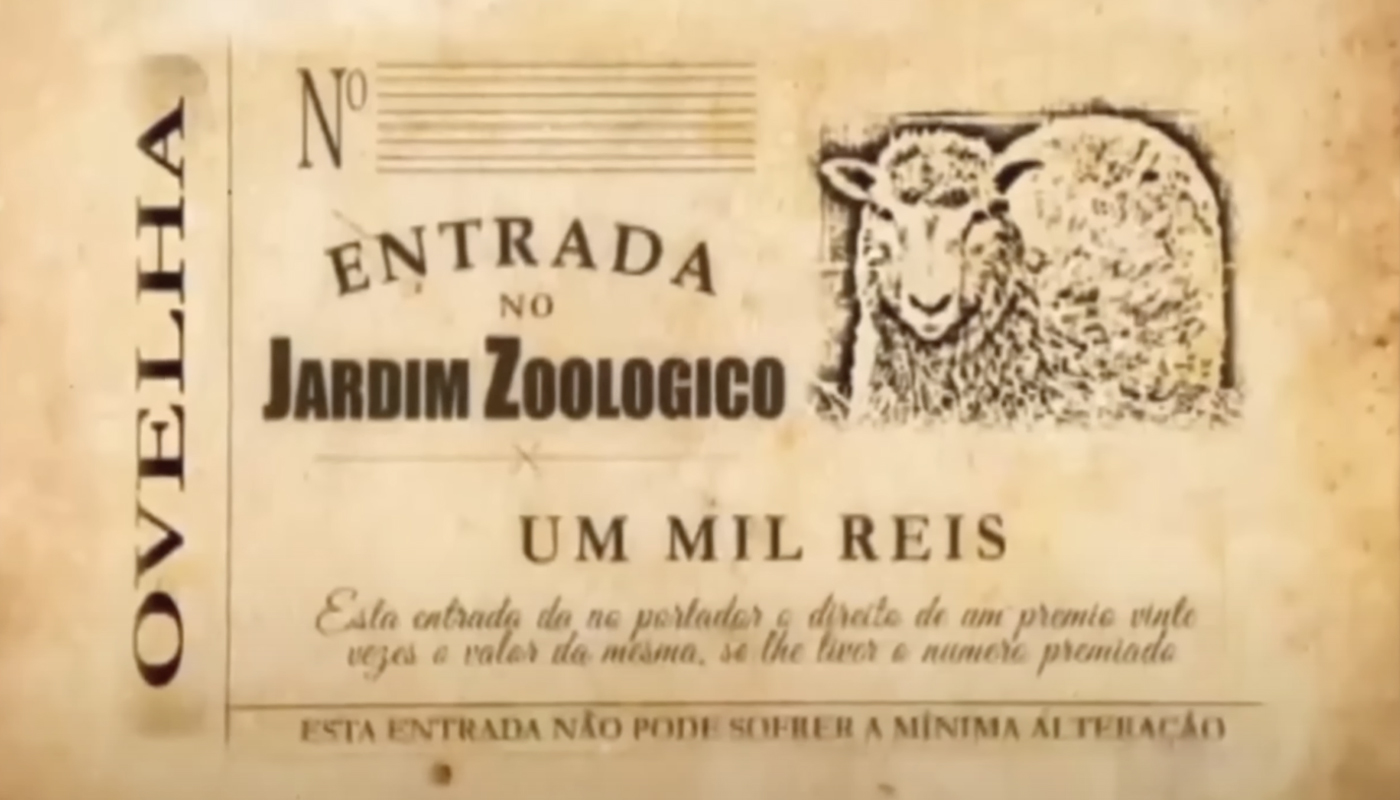


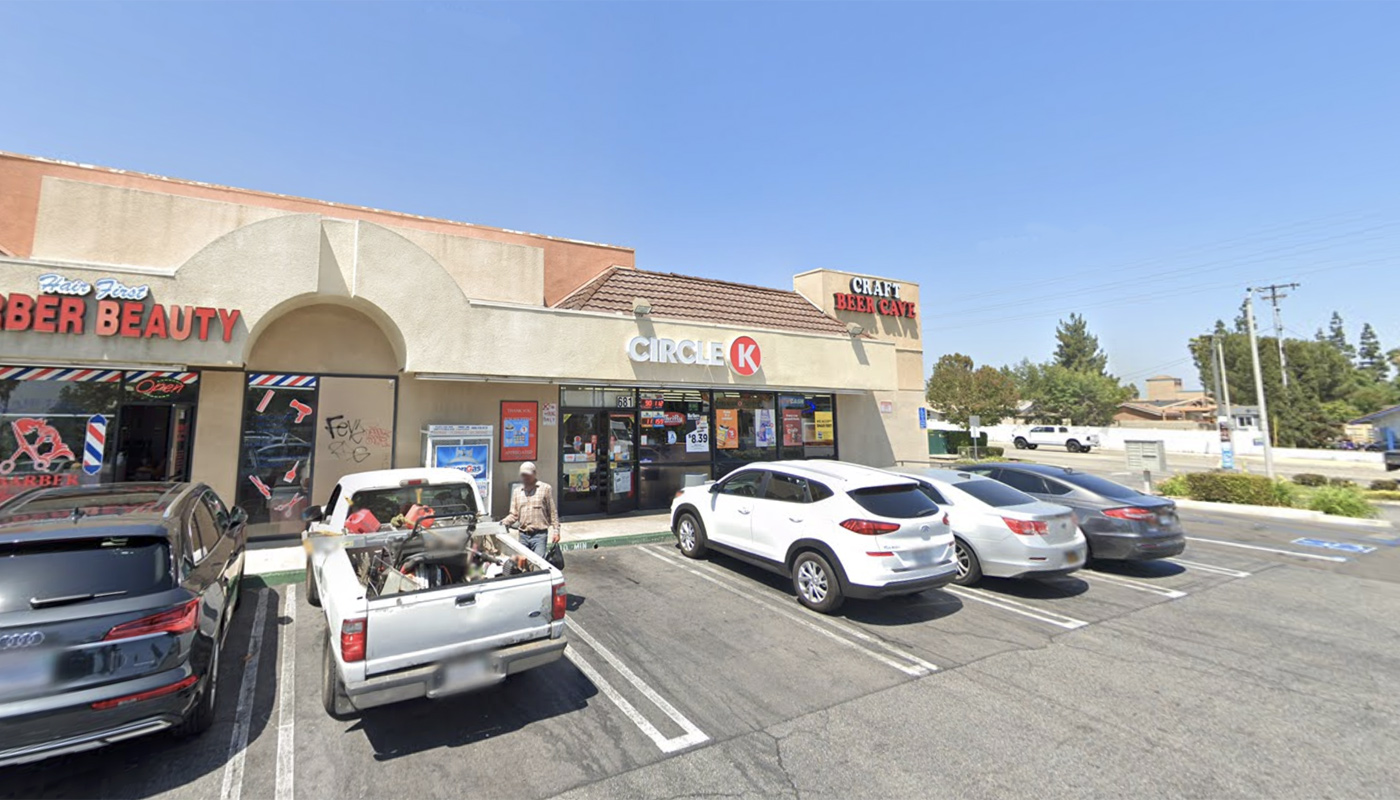

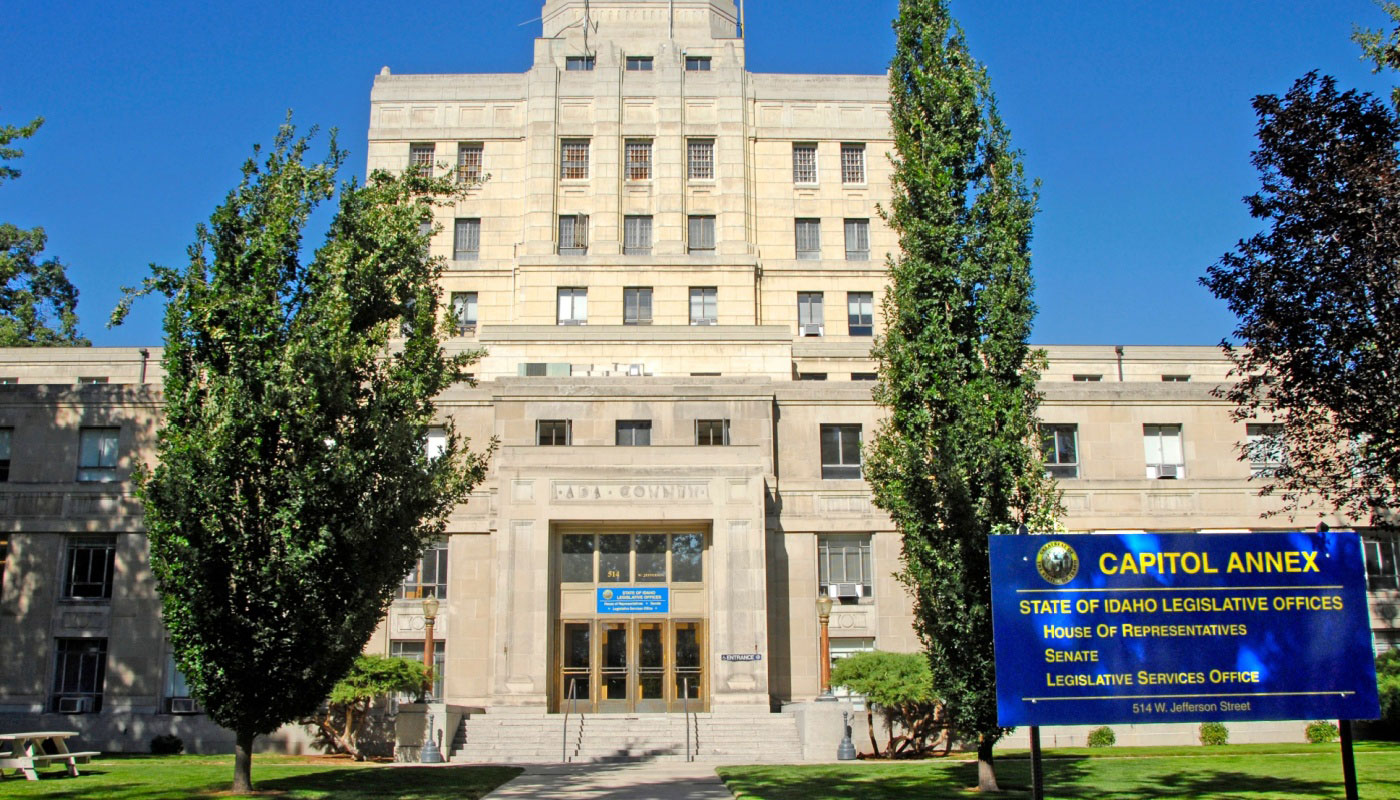
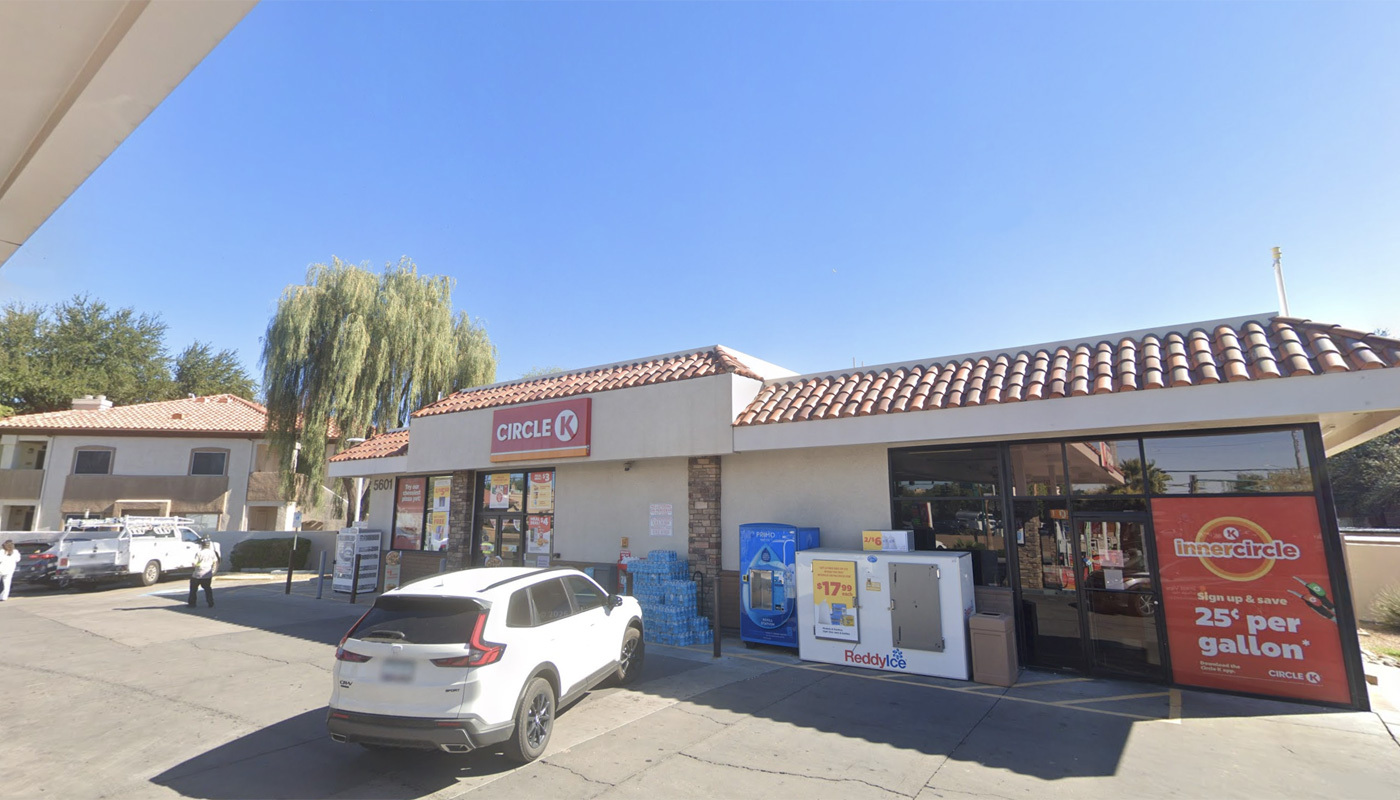

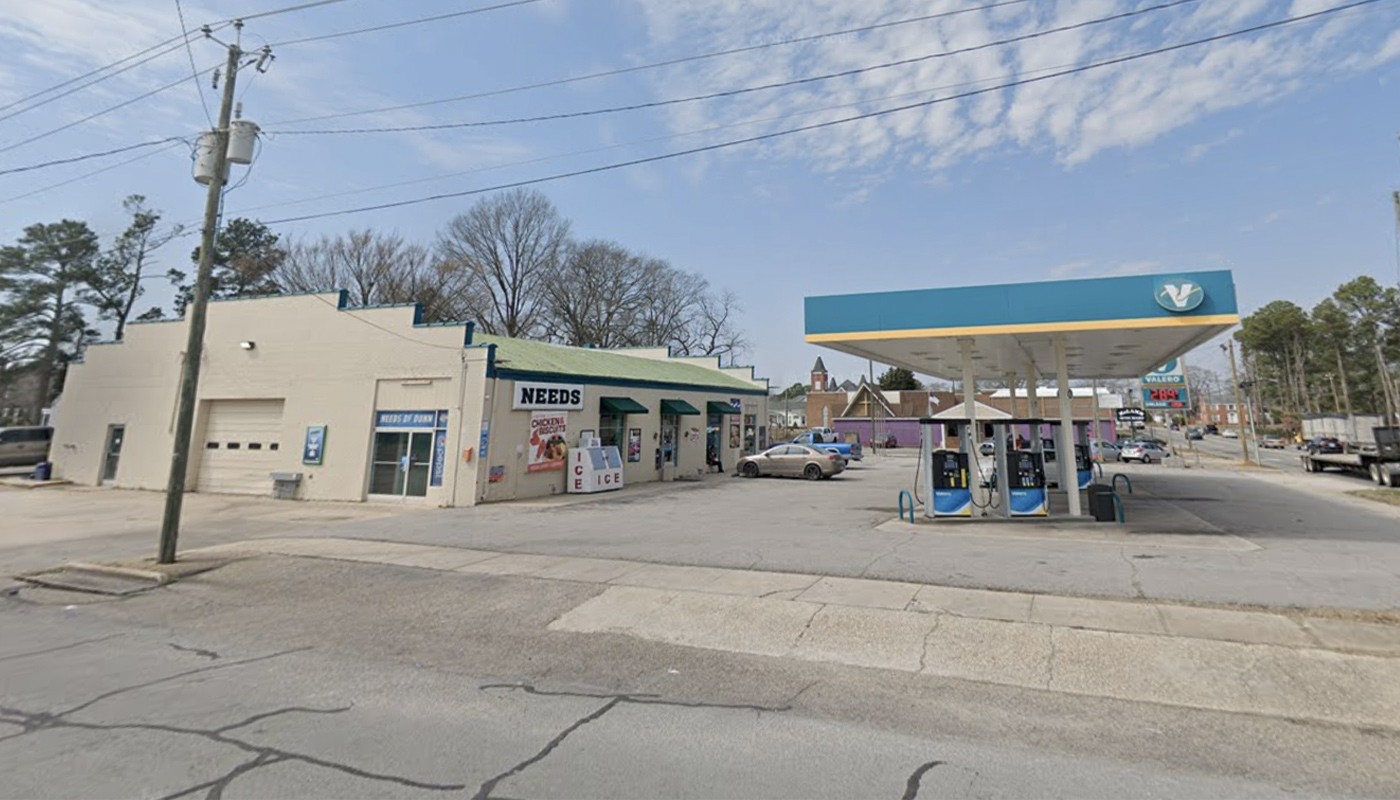









Comments